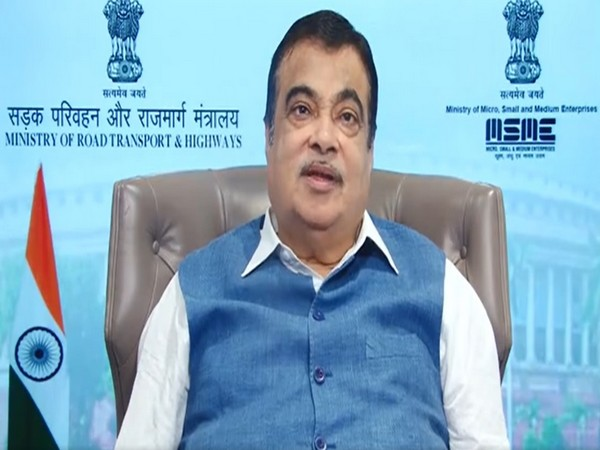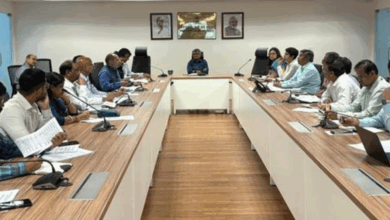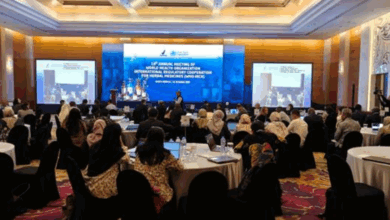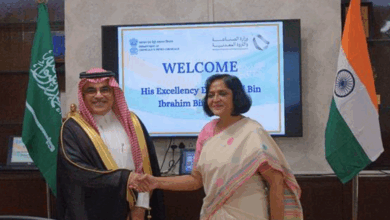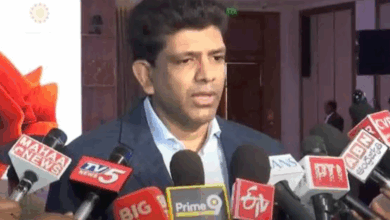Union Minister Shri Nitin Gadkari distributes electric potter wheels to 100 potter families in Maharashtra
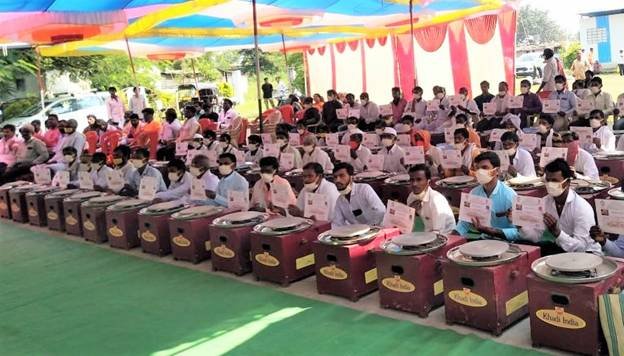
In Nanded and Parbhani Union Minister Shri Nitin Gadkari distributes electric potter wheels to 100 potter families
Union Minister for MSME and RTH Shri Nitin Gadkari distributed electric potter wheels, through Video Conference, to 100 potter families in Nanded and Parbhani districts of Maharashtra as a major step towards empowerment with KumharSashaktikaranYojana of Khadi and Village Industries Commission (KVIC) on Wednesday. through video-conference, who have been given 10-day training by KVIC.
The potters belong to 15 villages – 10 villages in Nanded and 5 villages in Parbhani districts – who were distributed the pottery equipment. The distribution of equipment will benefit at least 400 members of the community by increasing their productivity and their income, which is the dream of Prime Minister Shri Narendra Modi.
Shri Gadkari lauded the KumharSashaktikaranYojana of KVIC saying this was the first-of-its-kind initiative taken since independence to strengthen and improve the living of potters in the country. “Empowering the marginalized potters’ community and reviving the dying art of pottery is the dream of the Prime Minister. With proper training and distribution of advanced equipment under KumharSashaktikaranYojana, the productivity and income of potters have increased manifolds. The scheme will further be implemented in other remote areas of Maharashtra and other states,” Shri Gadkari said.
On this occasion, Union Minister also interacted with some artisans who expressed happiness on receiving the government support. They said with increase in production using electric potter wheel, they were now earning 3-4 times more than what they earned earlier.
KVIC Chairman Shri Vinai Kumar Saxena, who joined through video-conference, said that more than 18,000 electric chaaks have so far been distributed across the country benefiting nearly 80,000 people of the community. He said the average income of potters under KumharSashaktikaranYojana has gone up from nearly Rs 3000 per month to nearly Rs 10,000 per month. “Empowering every potter in the country is the sole objective of the program and KVIC will spare no effort in achieving this goal,” he said.


